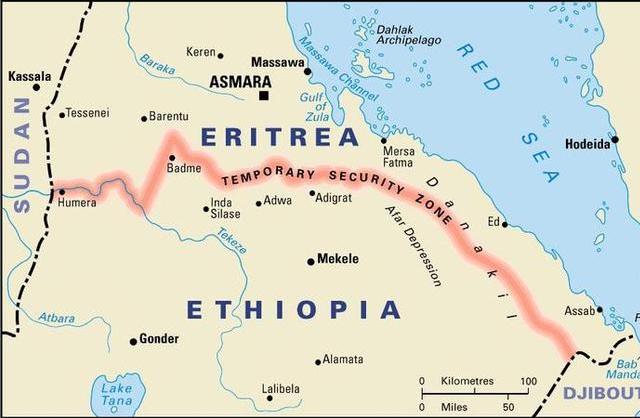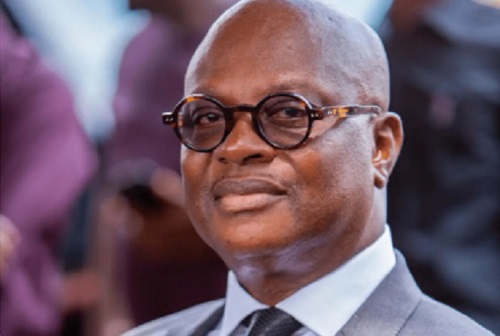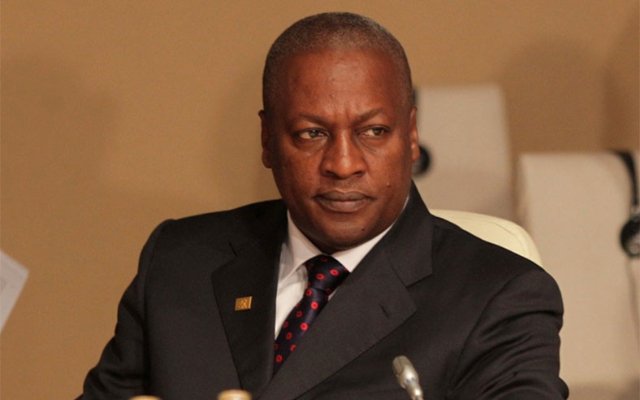Africa
Opinion: Ethiopia, Eritrea Border: When Peace Is a Problem
-

 Boss Of The Week3 days ago
Boss Of The Week3 days agoProf Jide Owoeye: When a Distinguished Academic Turns 70
-

 Featured5 days ago
Featured5 days agoMany Killled, Houses Torched As Terrorists Unleash Deadly Attacks on Adamawa Communities
-

 The Oracle4 days ago
The Oracle4 days agoThe Oracle: Entertainment is the Next Hope for Nigeria After Oil (Pt. 2)
-

 Headline5 days ago
Headline5 days agoOpposition Parties Reject 2026 Electoral Act, Demand Fresh Amendment
-

 Middle East3 days ago
Middle East3 days agoIran’s Supreme Leader Khamenei Cut Off from Contact, Fate Unknown
-

 News5 days ago
News5 days agoFubara Appoints New SSG, Chief of Staff
-

 Islam4 days ago
Islam4 days agoFriday Sermon: Reflections on Ramadan 2: The Taraweeh Conundrum
-

 Opinion3 days ago
Opinion3 days agoBeyond the Vision: The Alchemy of Turning Ideas into Execution
















